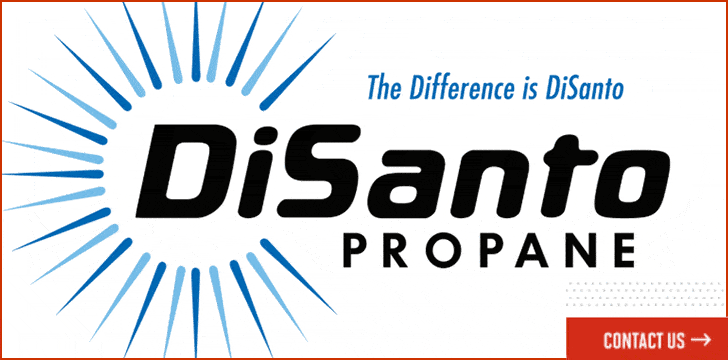The Geneva IDA recently announced an update to its project fee policy to include a wider range of projects, particularly smaller ones that do not involve significant property development activities. The new policy will allow city businesses that are planning to invest in equipment, furniture, fixtures, and minor renovations to apply for sales and use tax exemptions, as well as mortgage-recording-tax abatements, to offset those costs.
Tracy Verrier, the interim director of the IDA, stated that businesses can now apply for a 100% abatement of sales tax on eligible capital expenditures and a 75% abatement of mortgage recording tax. These incentives will reduce the overall cost of a project through upfront savings, and they are not grants, as no money will be given directly to the business.
Verrier explained that these incentives will have limited financial impact on the community, as they are one-time expenditures that are likely to have not occurred without the IDA’s assistance. The exemptions will not reduce sales-tax or mortgage-tax collection compared to prior years, and they are related to taxes that the community may not have collected anyway.
The Geneva IDA has historically worked only with projects that involve substantial property tax implications and are seeking a payment-in-lieu-of-taxes agreement, such as major building construction and renovation projects. However, this new change to the project fee policy will benefit smaller businesses that may not have considered Geneva IDA incentives before.
Interested businesses must fill out an application, which will be reviewed by the Geneva IDA Board of Directors. The board will ultimately decide whether to approve the incentives for any given project based on its nature and impact.
Verrier provided an example of a project that could now benefit from the new policy. A small manufacturer would like to upgrade its warehousing capabilities within its existing facility, which would involve a $250,000 investment in new shelving, internal renovations to the facility, new furniture and office equipment for the warehousing manager, and an additional forklift. The business can now apply to the Geneva IDA for the aforementioned exemptions, which could save the project nearly $17,000, depending on the budget breakdown.
However, the incentives do come with some cost. There is an application fee, an administrative charge, and some legal costs associated with receiving these benefits. A project like the one outlined above would have fees of roughly $5,000 for the sales tax exemption benefit, creating a net benefit of around $12,000. Verrier also noted that there is some administrative capacity and time required of the business to track the benefits and report on project outcomes over time.
New York state has some restrictions regarding business and project eligibility, with retail businesses defined as businesses where more than 33.3% of customers come to the site not eligible except under certain circumstances. Verrier explained that an exception would be tourism-focused businesses that actively attract visitors to an area or businesses located in Census tracts with certain economic indicators.
Verrier said Geneva IDA staff can help determine whether the benefits for a particular project are worth the costs involved. Generally, projects of $100,000 or more could be a good fit, and the larger the project, the greater the net benefit. Consultation with Geneva IDA staff to ascertain eligibility and project fit is free of charge.


